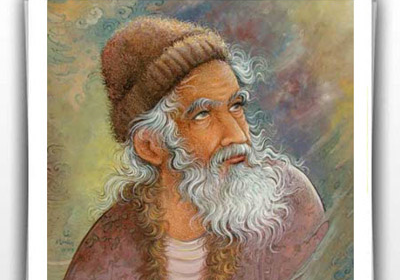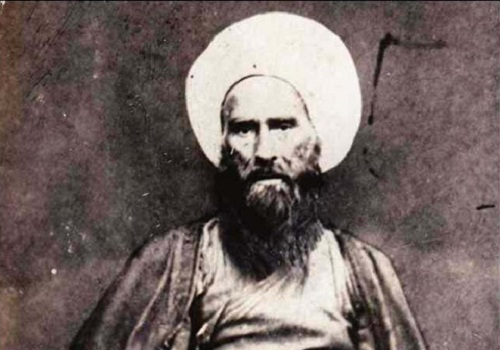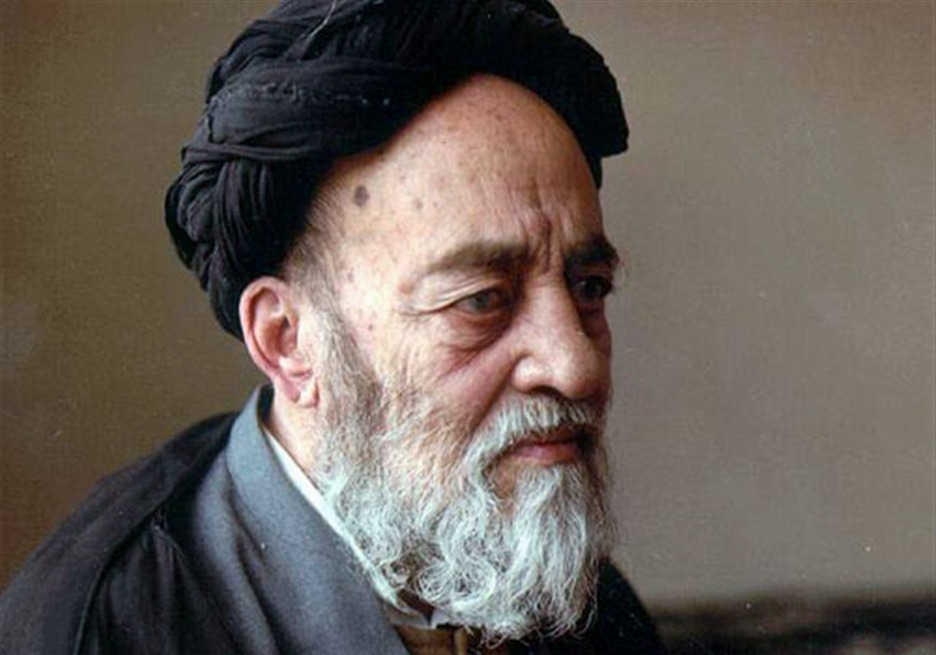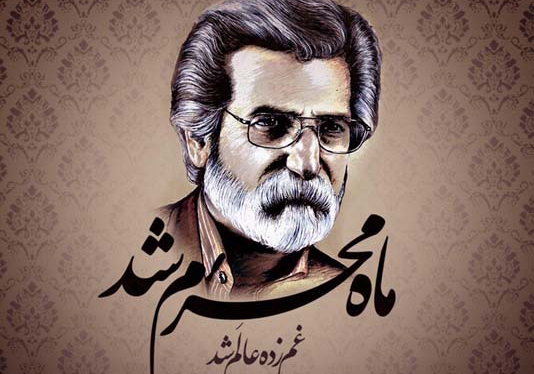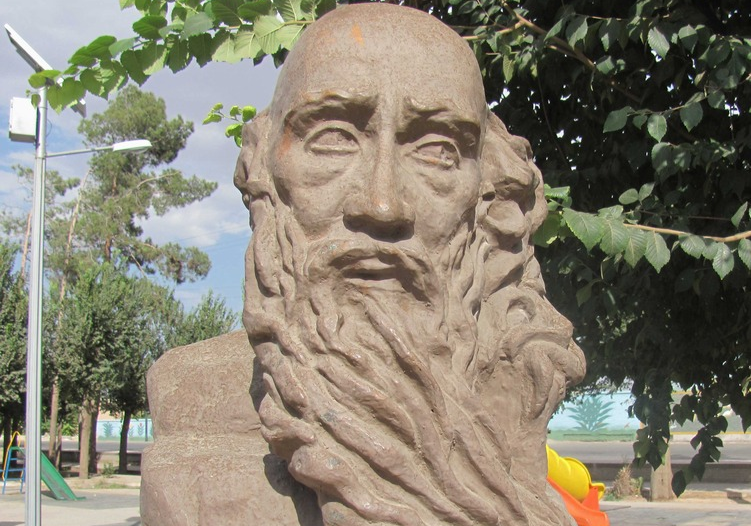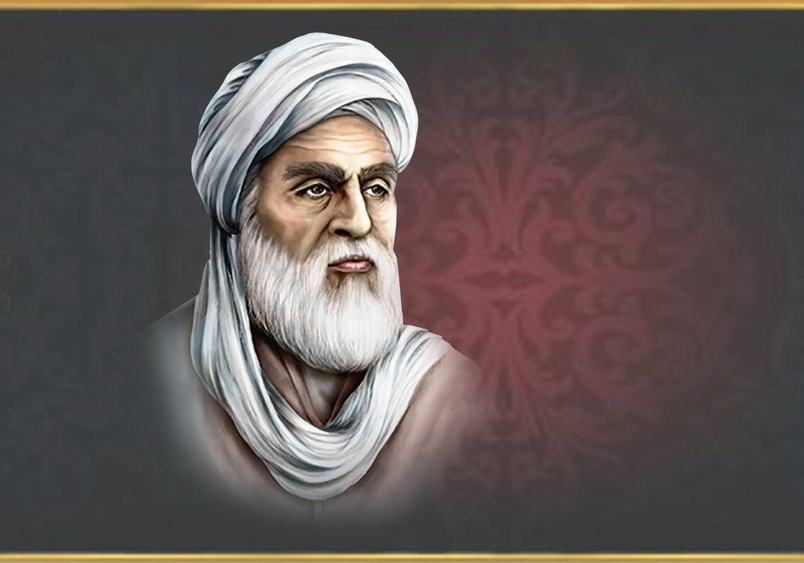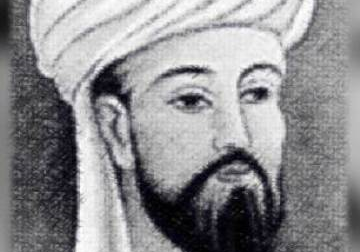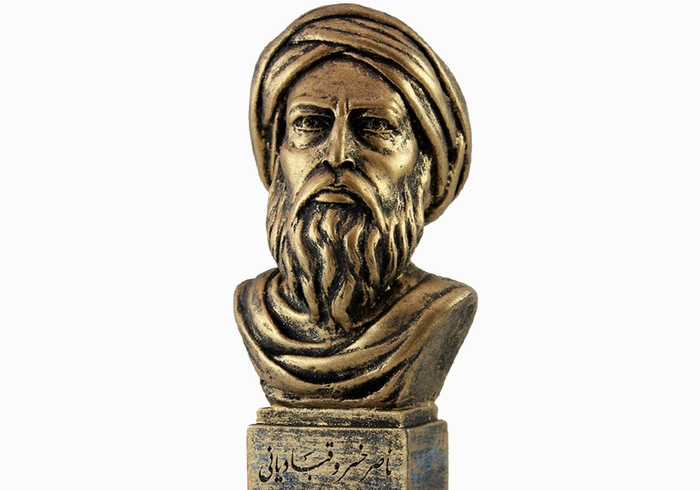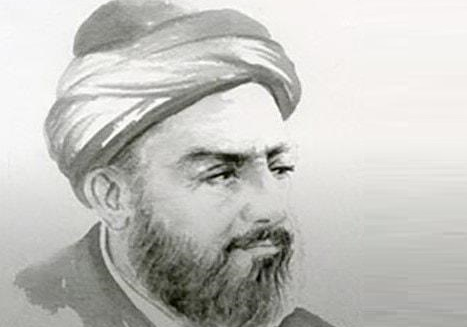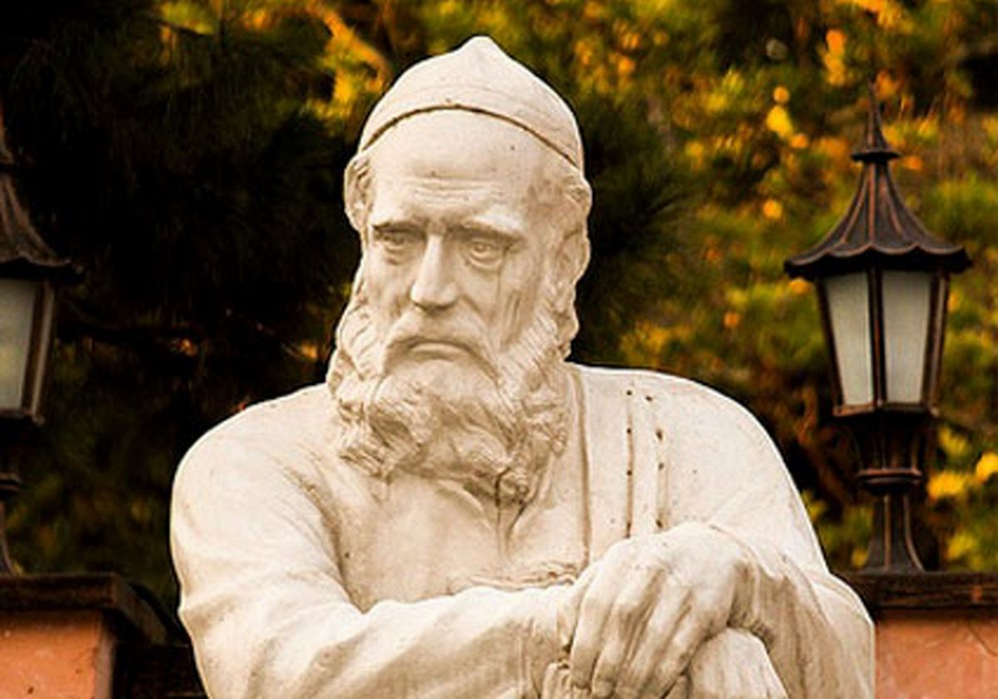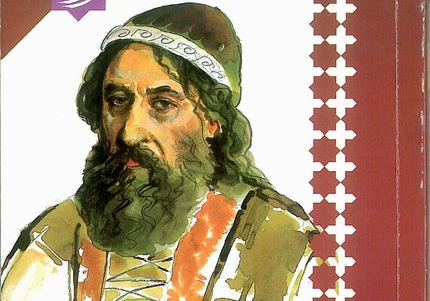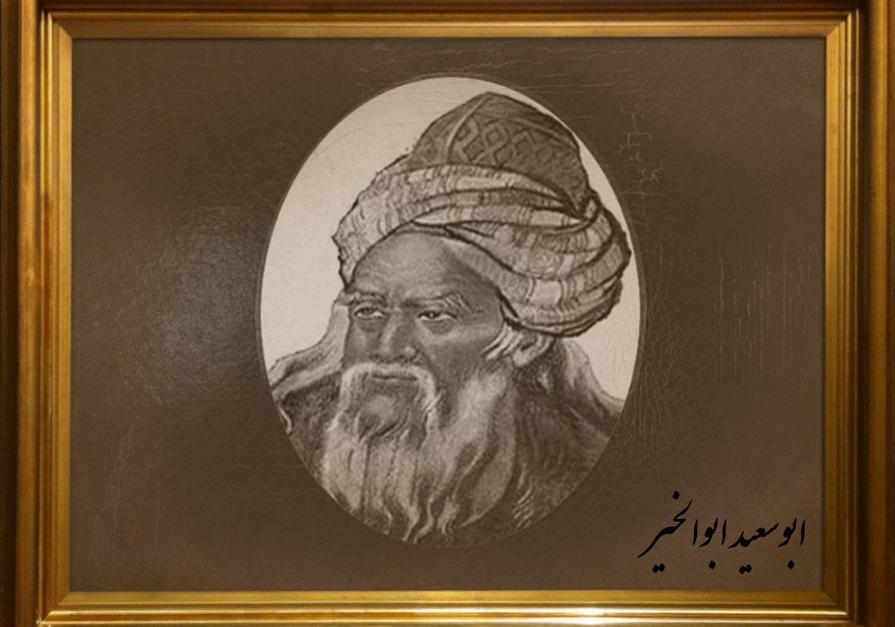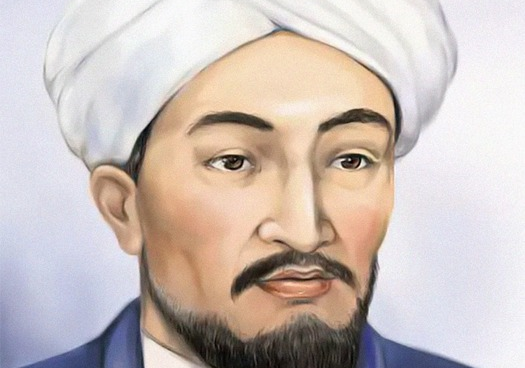_crop_28_1.jpg)
Avicenna: The Man History Will Remember Forever
Abu Ali Sina, commonly known as Avicenna in the Western world, and also known as Sheikh al-Ra’is was a medical doctor, scientist, philosopher, astronomer, writer, mathematician, and chemist. This Iranian scientist was born in 980 AD and became the greatest scientist of his century. He was an extraordinary medical expert, for which he was called the “Father of Medicine”. The books “Qanun” (The Canon of Medicine), on the science of medicine, “Shifa” (The Book of Healing), a philosophical encyclopedia, and “Daneshnameh-ye Alai”, on logic, metaphysics, natural science, and mathematics, are among his greatest works. He created his works during the Islamic Golden Age. He learned Jurisprudence from Ismail Zahed and logic and geometry from Abu Abdullah Tabari Natli. By the age of 10, he had fully memorized the Qur’an and was a master of literature, geometry, mathematics, and Arabic morphology. As a child, he also studied books including Euclid’s Elements, Porphyry’s book “An Introduction to Logic and Philosophy”, and Ptolemy’s Almagest under the supervision of his teachers. He had studied Aristotle’s Metaphysics over 40 times but failed to fully comprehend it. However, reading al-Farabi’s analysis of Aristotle’s Metaphysics (Iqraz) enabled him to find the answers he was looking for. In a short span of time, he managed to study the works of medical scientists who lived before him and learned medicine at an early age. He succeeded in curing the Samanid ruler, Ismail-I. He was then rewarded with full access to the Samanid’s royal library, which helped him with his knowledge of different sciences.
Avicenna’s Philosophical School of Thought
Avicenna’s philosophical school of thought massively influenced both Islamic Philosophy as well as the extant European philosophies of the middle centuries. Avicenna’s philosophical school of thought is a fusion of the most fundamental elements of Aristotle’s philosophy, and some particular elements of the Neo-Platonist ideology, in relation with the religious/Islamic world. Nevertheless, Avicenna is undoubtedly a firm believer in Aristotle’s ideas and calls him “master of wisdom and teacher of all philosophers”.
However, it can be argued that Avicenna did not blindly follow Aristotle. He creatively dissected the fundamental principles of Aristotle’s philosophy and tended to clarify the ambiguities surrounding it. He took a step further by elaborating on Aristotle’s ideas. He even added knowledge to Aristotle’s philosophy. He intended to form a new philosophical school of thought using some elements of Plotinus’s philosophy, and those of the Neo-Platonist philosophical school of thought. However, destiny had planned otherwise. His early death left his efforts fruitless and unfinished. Avicenna called his philosophy “Eastern Wisdom” or “Eastern Philosophy”. Researchers have expressed multiple opinions on Avicenna’s philosophy since his death. An Italian orientalist by the name Nallino was the one who first expressed his opinion on Avicenna’s thoughts in an article called “Avicenna’s Eastern Philosophy” published by an Italian journal called “Eastern Studies Journal”. Nallino argues that Avicenna insisted on “Eastern philosophy” rather than “Illuminist philosophy”.
Avicenna’s Destiny
On a request by Ibn al-Khammar, Avicenna wrote his first philosophical work at the age of 21 and called it “al-Aruziah”. With the demise of his father, Avicenna decided to spend most of his time as a public servant and was appointed a minister on multiple occasions. His influential position made others envious. He was thrown to prison and spent some time there but managed to break out eventually. He then went to Gorgan and spent his time writing. Abu Ubayd al-Juzjani was his student at the time and helped him write his biography. Avicenna then moved to Ray and spent a notable time serving Majd al-Dawla. He then traveled to Hamedan and wrote the book “The Canon of Medicine”. He tutored the likes of Abu al-Hassan Bahmanyar bin Marzban, Abu Ubayd al-Juzjani, and Abu Abdullah Masoumi. He had a debate with Abu Saeed Abu al-Khair, which became very famous. Avicenna’s literary works include more than 20 books, among which “Daneshnameh-ye Alai” and “On the Science of the Pulse” are well-known. He finally passed away in 1037 in Hamedan and was buried in the same city. A monument was built on his grave a thousand years after his birth, thanks to the National Monuments Society of Iran. The monument was registered as a national monument in Iran in 1997. It is located in the central part of Hamedan. Iran’s national calendar commemorates Avicenna by calling the 23rd day of August “National Doctors Day”.
| Име | Avicenna: The Man History Will Remember Forever |
| Иран | |
| Надимак | Avicenna |
| Време настанка | 980 AD |
| Радови | The Book of Healing The Canon of Medicine |
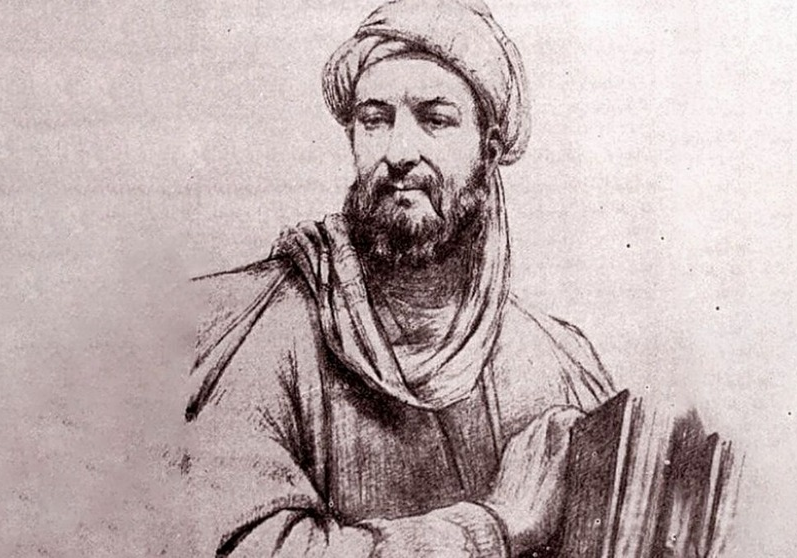
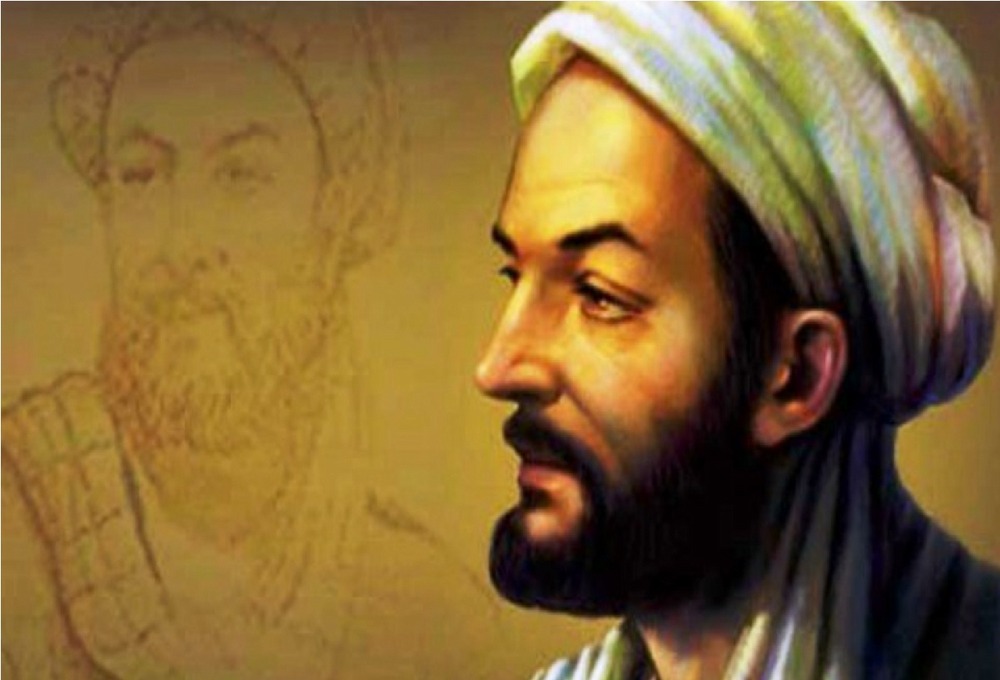
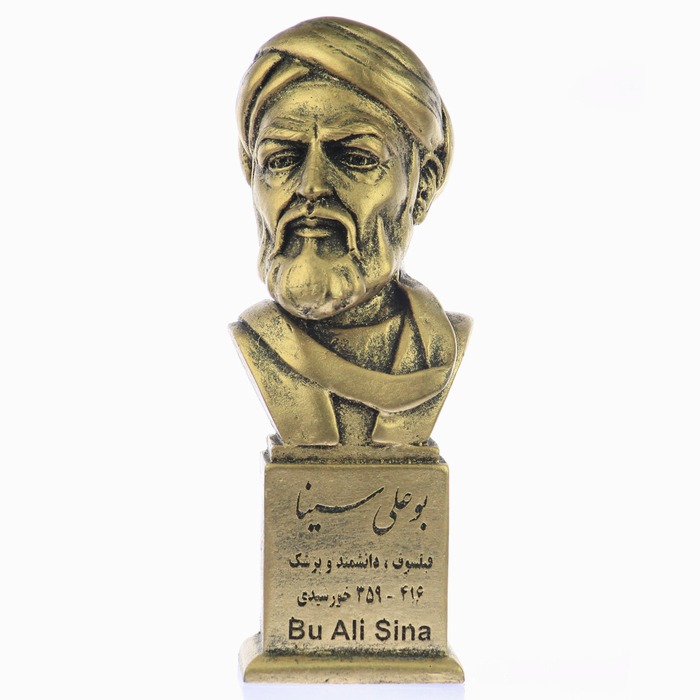
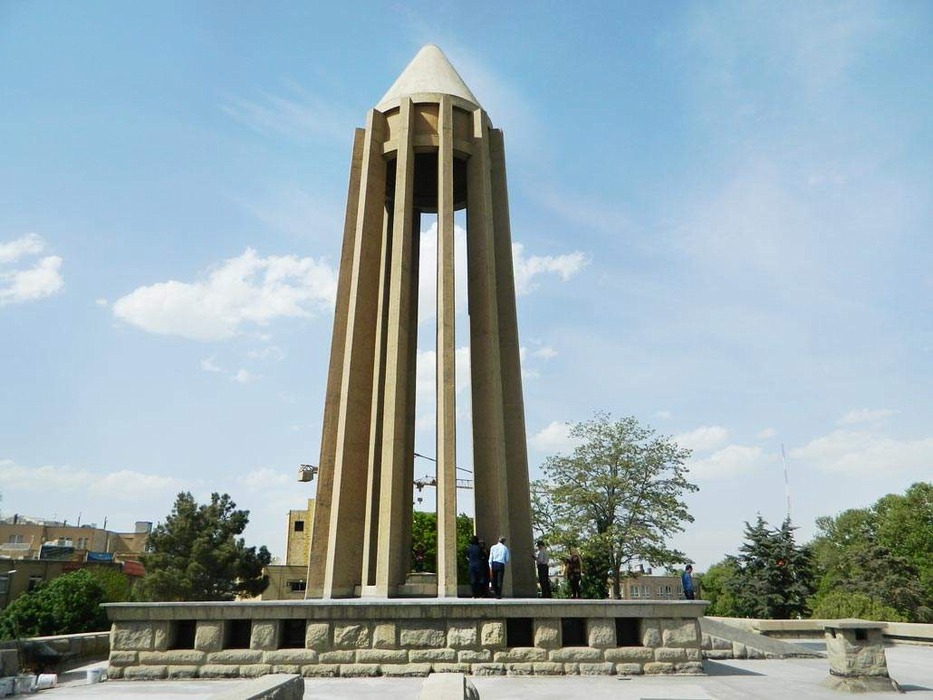




Прилагодите величину слова:
Прилагодите размак између речи:
Прилагодите проред:
Промени тип миша:
